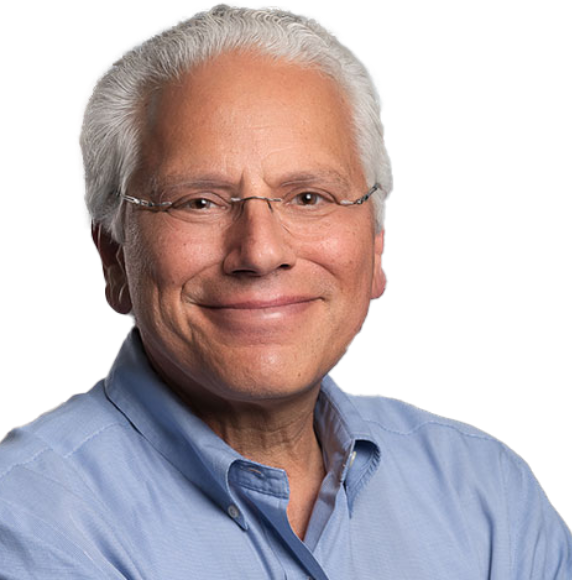In the summer of 2020, a successful scientist/investor team took the wraps off their latest project in MBX Biosciences. But at the time, they left most granular details up to the imagination.
On Monday, MBX revealed what it’s been working on and how it plans to move forward.
Richard DiMarchi
The biotech, helmed by CEO Kent Hawryluk and his longtime business partner and CSO Richard DiMarchi, closed a $115 million Series B round Monday, led by Wellington Management. RA Capital — the Peter Kolchinsky/Rajeev Shah-led firm with a knack for steering quick Nasdaq leaps — also chipped in.
MBX, like Hawryluk and DiMarchi’s previous ventures, is focusing on large peptide therapeutics. But unlike their other companies, MBX is attempting to go after endocrine disorders rather than diabetes specifically. It’s a familiar space for DiMarchi, who led Eli Lilly’s endocrine division for 20 years and helped develop Humalog, their blockbuster insulin drug.
When it first stepped out of the shadows back in July 2020, MBX hadn’t yet unveiled its first R&D targets, but that changed Monday. The company’s lead program is officially called MBX 2109 and is intended to treat hypoparathyroidism, or HP, a rare endocrine disorder leading to low calcium and high phosphorus levels in the blood.
Hawryluk told
Endpoints News
that the condition is the last “major endocrine disorder” where hormone replacement therapy is not the standard of care, presenting MBX with a “real opportunity.” The program itself is a prodrug of the parathyroid hormone, which is deficient in HP patients and can be dosed once a week.
Typically, hormones such as the parathyroid hormone will degrade rapidly while circulating the bloodstream, and traditional peptide therapeutics require frequent dosing that can lead to “peaks and valleys” in the blood, he added. But with MBX 2019 and better control of the drug’s exposure, the biotech is aiming to be different.
“We have this platform technology which overcomes these limitations, and really, it is about enhancing or improving the therapeutic index and also making the potential medicine more patient-friendly by less frequent administration,” he said.
Researchers have taken the experimental drug through a single, ascending-dose study so far in healthy volunteers and a multiple ascending-dose trial launched last month. If everything goes according to plan, MBX will have topline data from this study sometime next year, but Hawryluk declined to get more specific than that.
MBX’s Phase II trial will be in patients after what it hopes is a successful Phase I program. The biotech has also named another preclinical program, known as MBX 1416, which is being developed to treat a low-blood sugar complication that can arise after surgeries for obesity known as post-bariatric hypoglycemia.
Monday’s round is enough to get the company through early 2025, but, playing it close to the vest, Hawryluk declined to elaborate on the other milestones MBX seeks to achieve. And, despite the bear market and RA’s IPO inclinations, he stayed mum on the subject of going public, saying only that “we’re not disclosing our future financing plans.”
In addition to Wellington and RA, the Series B was funded by Norwest Venture Partners, as well as past investors Frazier Life Sciences, NEA and OrbiMed.







